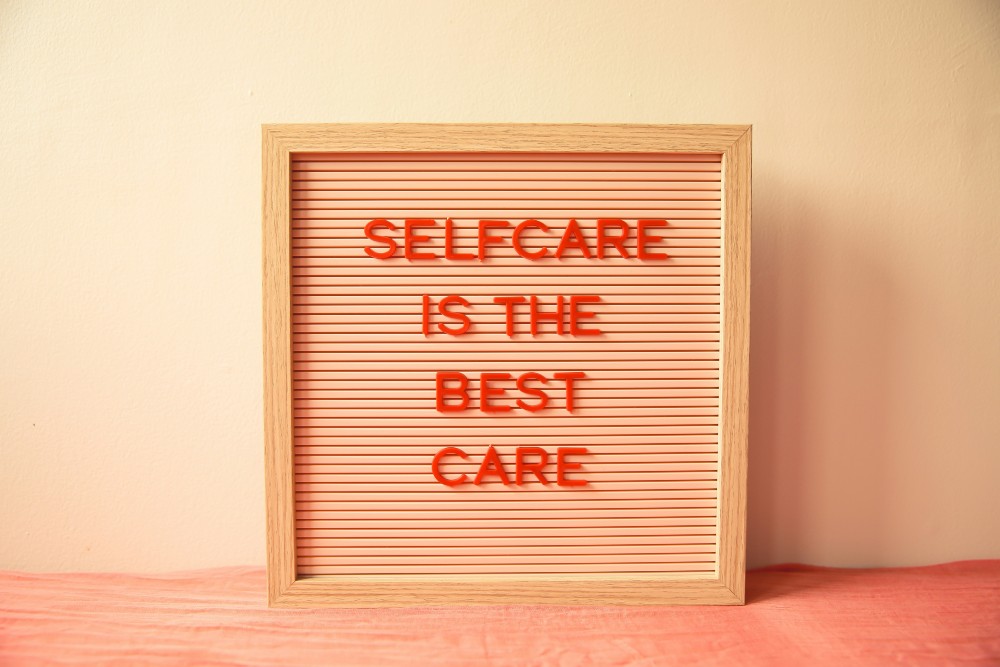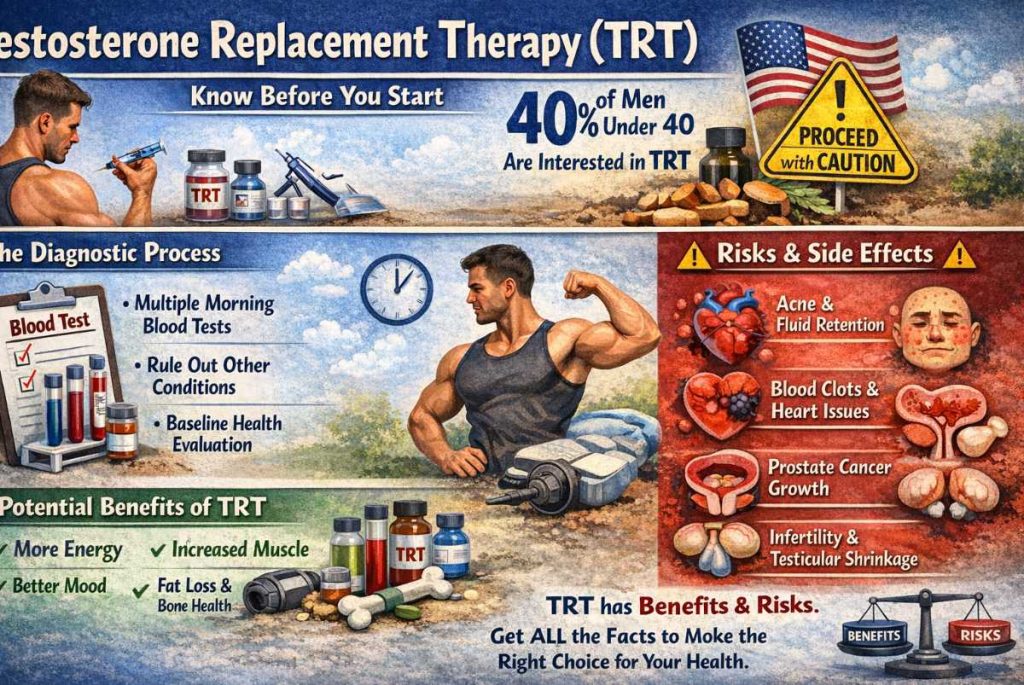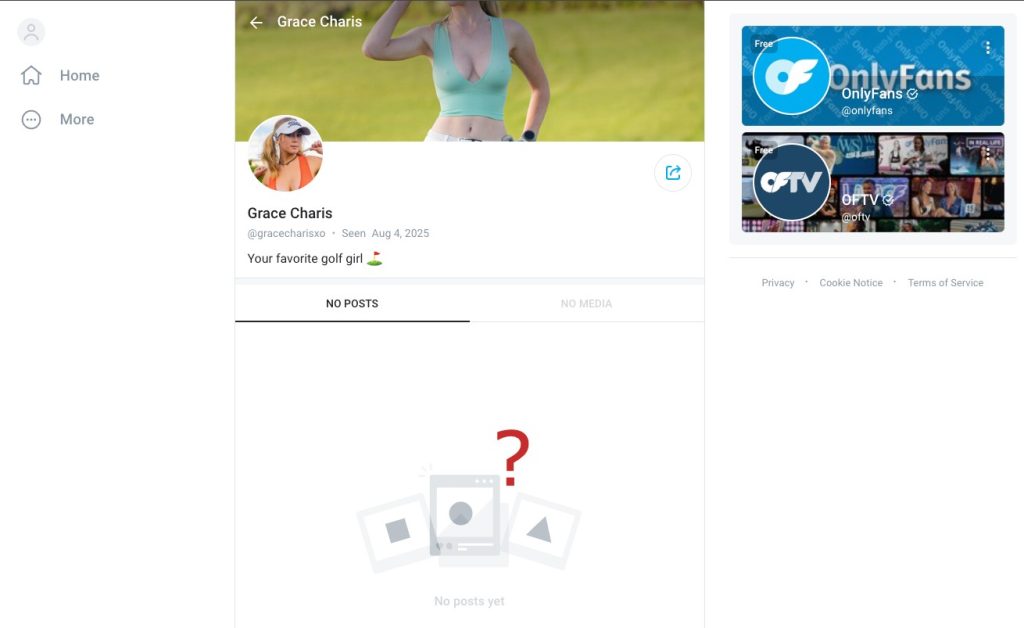Running a business alone is exciting but tough. As a solopreneur, I’ve learned that productivity isn’t just a buzzword, it’s the heartbeat of success. Unlike bigger companies with teams to share the load, solopreneurs handle everything: marketing, finances, customer service, and more.
Every minute counts. Let me explain why productivity matters more for solopreneurs and share practical tips to help you thrive.
Why Solopreneurs Need Productivity More Than Other Businesses
Solopreneurs wear all the hats in their business. In a larger company, tasks are split among employees. One person handles sales, another manages social media, and someone else crunches numbers. But for a solopreneur, it’s all on you. If you’re not productive, tasks pile up fast, and your business suffers.
Time is your most precious resource. Wasting an hour on distractions means losing money, missing deadlines, or disappointing clients. Bigger businesses can absorb a slow day because they have backup. You don’t. A single unproductive day can delay a product launch or lose a customer.
Also, solopreneurs often work alone, which can feel isolating. Without coworkers to motivate you, staying focused is harder. Productivity habits keep you on track and help you feel accomplished, even on tough days.
Finally, your energy is limited. Unlike big companies with resources to hire help, you rely on your own stamina. Smart productivity saves energy, reduces stress, and prevents burnout. Now, let’s dive into tips to boost your productivity and make your solopreneur journey smoother.
Plan Your Day the Night Before
I used to wake up and wing my day. Big mistake. Without a plan, I’d bounce between tasks, get distracted, and end the day feeling like I accomplished nothing. Planning your day the night before sets you up for success. It’s like giving your brain a roadmap so you can hit the ground running.
When you plan ahead, you prioritize what matters. You’re less likely to waste time on low-value tasks, like endlessly checking emails. Plus, it reduces decision fatigue. Mornings are for action, not figuring out where to start.
Grab a notebook or use a simple app. Before bed, write down your top three priorities for the next day. These are your must-do tasks that move your business forward, like finishing a client project or posting on social media. Be specific. Instead of “work on blog,” write “write 500 words for blog post.”
Next, block your time. Assign tasks to specific hours. For example, I schedule creative work, like writing, from 8 to 10 a.m. when my mind is fresh. Admin tasks, like emails, go in the afternoon. Keep it realistic—don’t cram in too much.
Then, review your plan in the morning. Life happens, and you might need to tweak it. But having a starting point keeps you focused. Since I started planning this way, I get more done and feel less overwhelmed.
Use the Pomodoro Technique
Ever heard of working in short bursts? That’s the Pomodoro Technique.
Try working intently for 25 minutes, followed by a quick 5-minute break. After completing four of these cycles, give yourself a longer, 15-minute rest. I discovered this approach during a particularly overwhelming week when I found it hard to concentrate—and it’s since become my favorite way to boost productivity and get things done.
The short work sessions trick your brain into staying focused. Knowing a break is coming makes it easier to avoid distractions. Plus, those breaks keep you from burning out.
How to Make It Work for You
Pick one task to focus on. Set a timer for 25 minutes. I use my phone or a free app like Focus Booster. Work only on that task. No checking social media or answering texts. When the timer rings, stop. Stretch, grab water, or just sit for 5 minutes.
After four Pomodoros, take a longer break to recharge. I like to walk around or make tea. Don’t skip breaks, they’re key to staying sharp. If 25 minutes feels too short, try 50-minute sessions with 10-minute breaks. Experiment to find what clicks.
This method helped me finish a website redesign in half the time I expected. It’s amazing how much you can do when you work in focused chunks.
Limit Distractions
Distractions are productivity killers. A quick scroll on Instagram can turn into an hour. Phone notifications, noisy neighbors, or even a cluttered desk can pull you off track. For solopreneurs, distractions are extra costly because you can’t afford to lose focus when you’re the whole team.
I once lost an entire morning to random YouTube videos. The guilt hit hard when I realized I missed a client deadline. That’s when I got serious about cutting distractions.
Simple Ways to Stay Focused
First, silence your phone. Turn off notifications or put it in another room. If you need it for work, use apps like Forest to block distracting sites. Next, create a dedicated workspace. It doesn’t have to be fancy, just a spot where you only work. My desk faces a wall, not a window, to avoid daydreaming.
Also, communicate boundaries. Tell family or roommates when you’re working. I put a “Do Not Disturb” sign on my door during deep work hours. Finally, tidy your desk. A clean space helps your mind stay clear.
These small changes made a huge difference. I now get through my to-do list without feeling scattered.
Batch Similar Tasks Together
Switching between different types of tasks wastes time. Your brain needs a moment to shift gears, like when you go from writing a blog post to answering emails. Task batching groups similar tasks so you stay in the same mindset. I started doing this last year, and it’s a game-changer.
For example, I used to answer emails as they came in. It broke my flow and made me lose focus. Now, I batch all email replies into one time slot. It’s faster and less stressful.
How to Batch Tasks
Identify tasks that are similar. Common batches include content creation (writing blogs or social posts), admin work (invoicing, scheduling), and client communication. Group them into specific time blocks.
For instance, I spend Monday mornings creating social media posts for the week. Tuesday afternoons are for client calls. Use your calendar to schedule these blocks and stick to them. If a task pops up outside its batch, jot it down for later.
Batching helped me cut my workweek by a few hours. You’ll be surprised how much time you save when you stop jumping between tasks.
Automate and Delegate When Possible
As a solopreneur, you can’t do everything manually. Automation tools handle repetitive tasks, freeing you to focus on what matters. I was skeptical at first, as tools sounded complicated. But once I tried them, I wished I’d started sooner.
Automation saves time and reduces errors. For example, scheduling social media posts means you don’t have to log in daily. It’s a small win that adds up.
Tools and Tasks to Automate
Start with social media. Tools like Buffer or Hootsuite let you schedule posts in advance. For emails, use Mailchimp to send newsletters automatically. Zapier is great for connecting apps, like adding new clients to your CRM when they fill out a form.
You can also delegate to freelancers for tasks like graphic design or bookkeeping. Sites like Upwork connect you with pros for one-off projects. I hire a virtual assistant for data entry a few hours a month, and it’s worth every penny.
Automation and delegation let you focus on high-value work, like creating products or serving clients. It’s like giving yourself a mini-team without the overhead.
Take Care of Your Body and Mind

Your body and mind are your business’s engine. If you’re tired, stressed, or unhealthy, your work suffers. Solopreneurs often skip self-care to hustle harder, but that’s a trap. I learned this the hard way after a month of late nights left me exhausted and cranky.
Good sleep, exercise, and breaks keep you sharp. They’re not luxuries. They’re essentials for staying productive.
Easy Self-Care Habits
Aim for 7-8 hours of sleep. I keep a consistent bedtime, even on weekends, to feel rested. Exercise doesn’t have to be intense, 20 minutes of walking or yoga does wonders. I take a quick walk after lunch to clear my head.
Eat balanced meals. Skip the sugary snacks that lead to energy crashes. I prep simple meals like salads or stir-fries to stay fueled. Also, take short mental breaks. Step away from your desk to breathe or meditate for 5 minutes.
Finally, know when to stop. I set a hard cutoff at 6 p.m. to relax with a book or family. Protecting your energy keeps you productive long-term.
Track Your Progress
Ever feel like you’re working hard but not getting anywhere? Tracking your progress shows what’s working and what’s not. It’s motivating to see how far you’ve come. I started tracking my tasks last year, and it’s like having a personal cheerleader.
It also helps you spot time-wasters. For example, I realized I spent too much time tweaking my website instead of marketing. Tracking keeps you honest.
Track Effectively
Use a simple tool like Trello or a notebook. At the end of each day, write down what you finished. Note how long tasks took to spot patterns. For bigger goals, like launching a product, break them into milestones and check them off.
Review weekly. Celebrate wins, even small ones, like finishing a blog post. If you’re off track, adjust your plan. I set aside 10 minutes every Friday to review, and it keeps me motivated.
Tracking turns vague goals into clear steps. It’s like a GPS for your business.
Stay Flexible and Kind to Yourself
Plans are great, but life isn’t perfect. Clients change deadlines, tech fails, or you just have an off day. Being rigid makes you stressed when things go wrong. Flexibility lets you adapt without losing momentum.
I used to beat myself up for missing a goal. Now, I see setbacks as part of the journey. Being kind to yourself keeps you going.
How to Stay Flexible
Build buffer time into your schedule. I leave an hour free each afternoon for unexpected tasks. If nothing pops up, I use it for extra work or rest. Also, reassess priorities weekly. If a new opportunity comes up, shift your focus.
When you mess up, don’t dwell. Learn and move on. I once forgot a client call. Instead of panicking, I apologized, rescheduled, and set reminders to avoid it again. Treat yourself like a friend, not a harsh boss.
Flexibility and self-compassion make you resilient. They’re secret weapons for long-term success.





